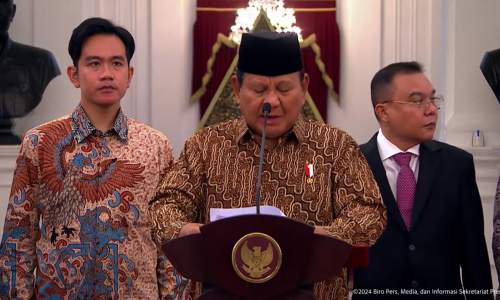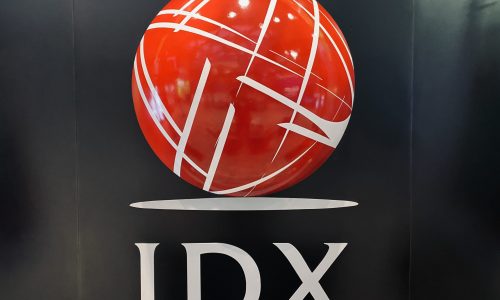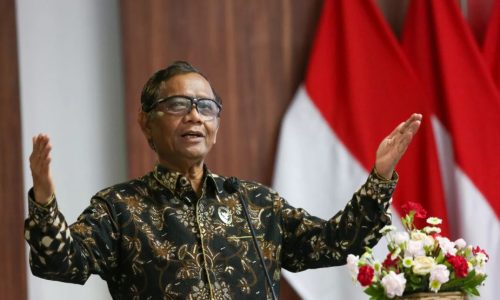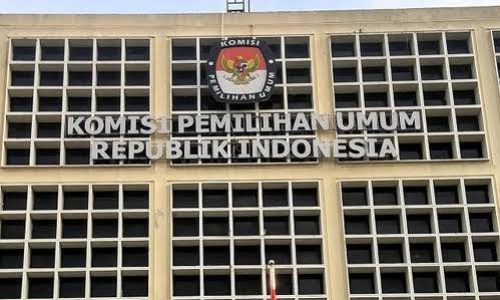The Directorate General of Taxes (DGT) intends to raise the present tax ratio to 15%, aligns with the global average. Indonesia’s current tax ratio of 10.4% is still below the global average of 13.5%, as per the DGT. Indonesia is also trailing behind other nations in the ASEAN region; for instance, Thailand’s tax ratio is at 14.5%, the Philippines at 14%, and Singapore at 12.9%.
Structural issue: significant economic contribution but a relatively small tax contribution
According to Fajry Akbar, the Research Manager at the Center of Indonesia Taxation Analysis (CITA), there are several reasons behind Indonesia’s low tax ratio when compared to global benchmarks. One of the primary reasons is the structural issue of economic sector contribution, where despite the agricultural sector being the second-largest contributor to GDP at 13.8%, its tax contribution stands at only 1.5%. As a result, the sector makes a significant economic contribution but a relatively small tax contribution.
Another challenge in taxing the agricultural sector is the presence of exemptions from value-added tax (VAT) in the sector. The majority of agriculture and plantations in Indonesia are run as individual businesses and not as industries, which makes it challenging to impose taxes on them. This condition makes it difficult to tax the agriculture sector and may be one of the reasons behind the relatively low tax contribution from the sector, added Akbar.
Small contribution of personal income tax (PPh)
Akbar further explained that the second reason for the relatively low tax contribution from Indonesia is the small contribution of personal income tax (PPh) due to the low per capita income in the country.
Additionally, the level of non-taxable income (PTKP) in Indonesia is relatively high, which means that personal income tax is only imposed on a portion of the Indonesian population. These factors may contribute to the relatively low tax ratio in Indonesia compared to international standards.
Decentralized system of governance and informal economy
One of the other reason is the country’s decentralized system of governance, where a significant portion of the central tax revenues is allocated to local governments. Additionally, there may be challenges in tax collection and enforcement, such as a large informal economy which accounting for around 8.3-10% of GDP.
Presence of tax incentives
Another factor is the presence of tax incentives, which can reduce the amount of taxes collected by the central government. All these factors can make it challenging for the government to collect taxes at the central level, which contributes to the relatively low tax ratio in Indonesia.
DGT efforts to raise the tax ratio
The relatively low tax ratio in Indonesia presents a significant challenge for the country’s fiscal and taxation authorities. In response, Indonesian DGT is developing several strategies to increase the tax ratio.
On the legal side, Indonesian DGT will make fair law enforcement efforts and develop a core system of taxation through the Law on the Harmonization of Tax Regulations.
In addition, DGT will expand the tax payment channel and optimize data through Automatic Exchange of Information (AEoI) and banking data.
Increasing taxation in all sectors will also be used as a sustainable funding strategy in achieving development program. “DGT will continue to seek new breakthroughs in tax administration, so that with the collaboration of all parties, we can achieve a 15% point for fiscal sustainability,” added Yon Arsal, Expert Staff to the Minister of Finance for Tax Compliance.









